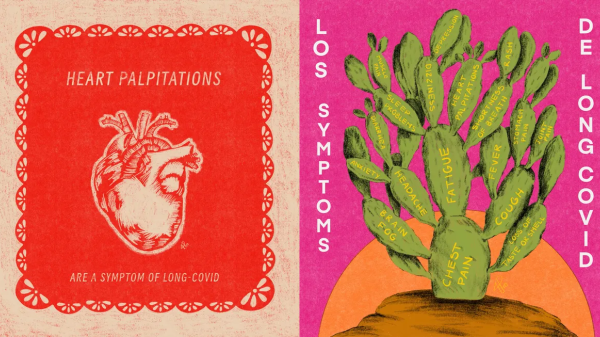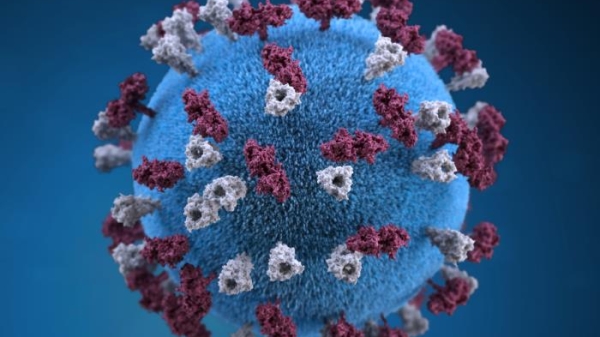It might be a difficult conversation to have, but a new study confirms that talking to your children about substances will help keep them off drugs.
The research, led by Jonathan Pettigrew, assistant professor in the Hugh Downs School of Human Communication, was recently featured in the New York Times article, “When Your Teenager Asks ‘Did You Smoke Weed?’” The article highlights Pettigrew’s research that parents who provide direct information, guidance or advice about substances like marijuana, have adolescents who are less likely to experiment with drugs.
“Warm families that welcome conversations on a variety of topics actually help prevent substance abuse,” said Pettigrew, who specializes in adolescent behavior.
Pettigrew collaborated with a team of researchers. They questioned more than 3,000 seventh and eighth grade students from 39 rural schools in Pennsylvania and Ohio about their use of alcohol, cigarettes and marijuana, the most commonly used substances in early adolescence.
Most of the students reported that they have talked with their parents about drug use. Those who hadn’t talked to their parents were more likely to report that they had tried illegal substances.
“This finding is important to share with parents, especially given that these substances are often believed to pave a path toward more problematic substance use,” Pettigrew said.
He says that because youth hear direct messages about substances from the media, peers, and prevention programs, “parents, too, should join the conversation with their children.”
The good news is that students reported that their parents are the individuals with whom they are most likely to talk about substances, and consider credible sources of drug information.
“The cultural stereotype of a rebellious teen is a bit overblown,” Pettigrew said. “Sure it happens, but not for everybody, and not the majority.”
At what age should you have “the drug talk” with your children?
“The foundation needs to be laid in seventh and eighth grades,” Pettigrew said. “If parents are laying out their expectations, maintaining warm friendships with their children, and handling conflicts well, then they are setting themselves up for later on when their child says ‘I have a friend who wanted me to smoke weed with him, but I wanted to talk to you about it.’”
Jonathan Pettigrew is also an affiliate scientist with ASU’s REACH Institute, which endeavors to increase community access to prevention programs and advance research, education and the health and well-being of children and families.
More Health and medicine

Health communication program brings long COVID awareness to Latinos
After COVID-19 hit the Latino community especially hard, Gilberto Lopez created COVIDLatino, a health communication program…

Gates Foundation to fund research on antibiotic resistance
Antibiotic resistance, what happens when germs develop the ability to defeat the drugs designed to kill them, is a growing…

ASU epidemiologist on the rise in US measles cases
The Centers for Disease Control and Prevention issued an alert this month about a rise in measles cases worldwide. And as of…
